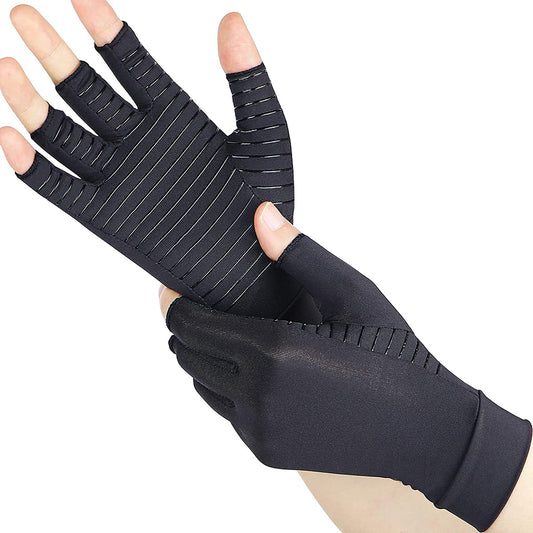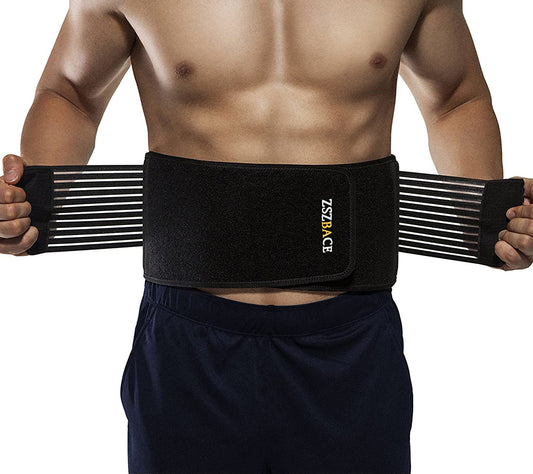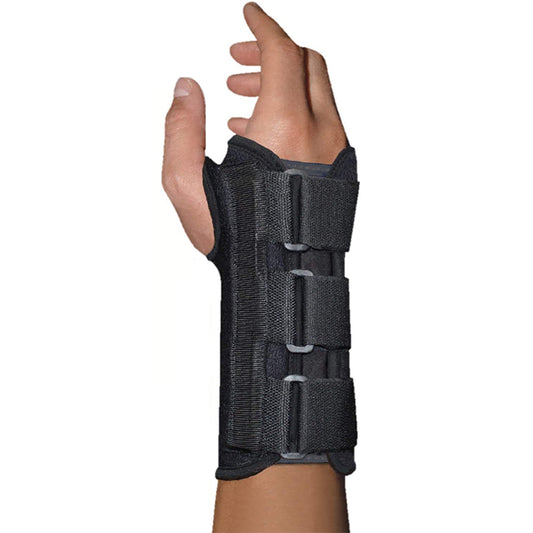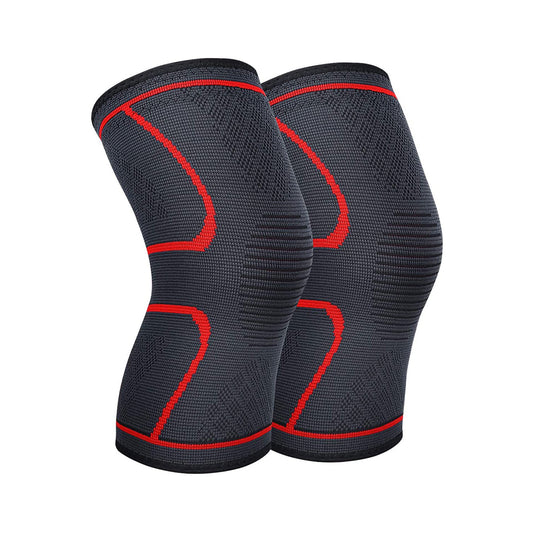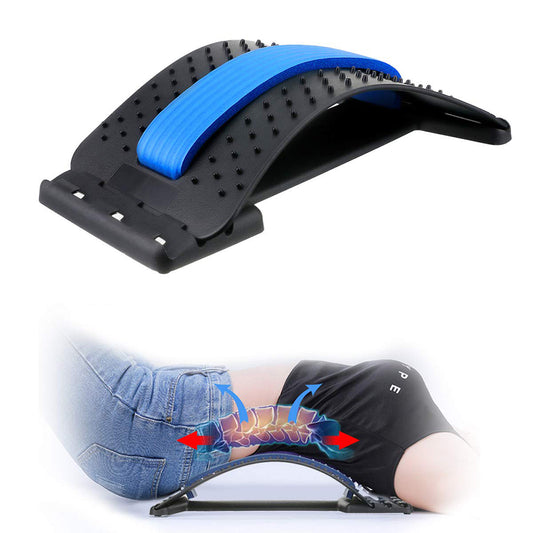
What is the difference between a maternity belt and belly band?
Share
Maternity belts and traditional belly bands shouldn’t be confused with being different names for the same thing.
How to use a maternity belt:
A maternity belt is specifically designed to provide support by carrying the majority of your belly weight to reduce the strain on your body and minimize any discomfort you would normally feel without it.
How to use a belly band:
In contrast, a belly band is designed so you can discreetly wear clothing that may no longer fit you. For example, if you’ve outgrown your pre-pregnancy jeans but for whatever reason aren’t ready to invest in maternity jeans, a belly band allows you to wear your jeans unzipped or unbuttoned because it securely holds the waistband area in place.

Benefits Of Maternity Belts:
One of the biggest benefits of wearing a maternity belt is the added support and stability that it provides. It’s no secret that the last trimester, in particular, can be incredibly uncomfortable as your body tries to accommodate your growing bundle of joy.
A good maternity belt can help support your belly to help reduce pressure on your uterus, bladder, ligaments, and joints. But more importantly, a maternity belt can aid in improving your posture — especially since it’s easy to adopt the stereotypical “swayback” stance as your center of gravity changes to adjust with your new dimensions.
Another nice feature is that maternity belts can make everyday activities easier to accomplish. While it can’t make it possible to see your feet when you’re eight months pregnant, they can allow you to engage in low-impact exercises with less discomfort.
Best of all, maternity belts can also be worn during postpartum to help your body recover so that stretched muscles and ligaments can return to their pre-pregnancy positions. With that said, please check with your healthcare provider and do not put too much pressure on your pelvic or abdominal area too soon as too much compression can cause pelvic organ prolapse or other health issues.


